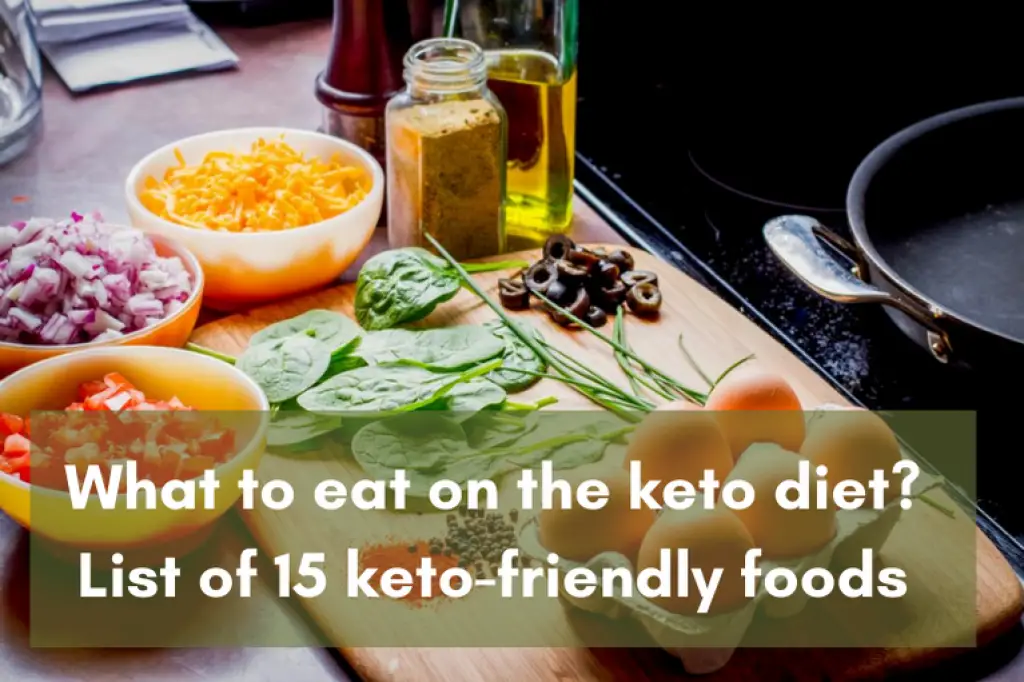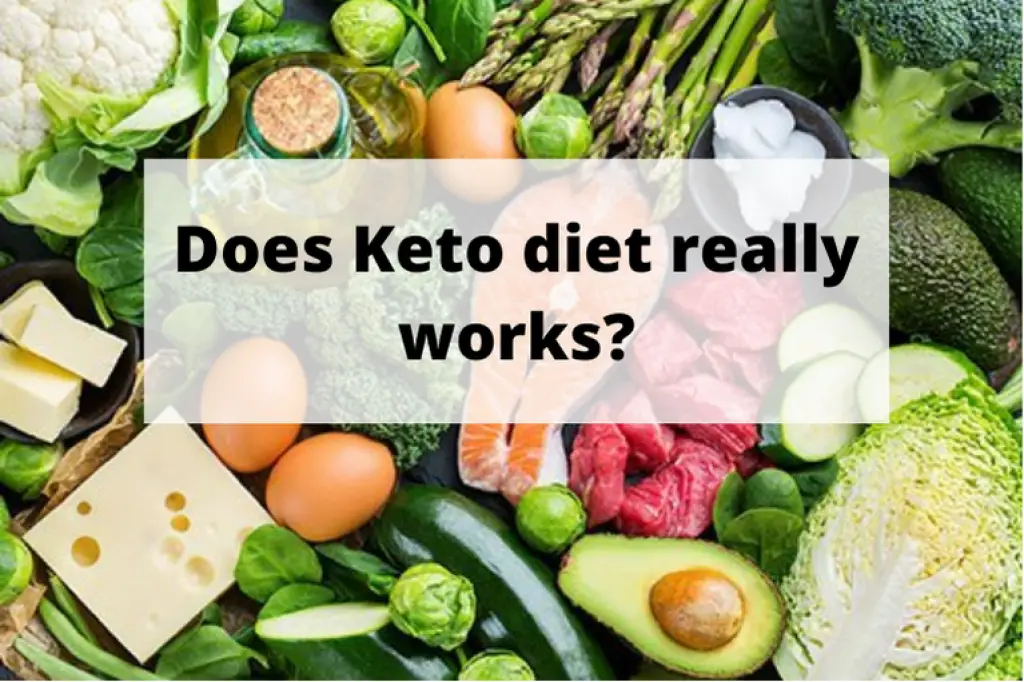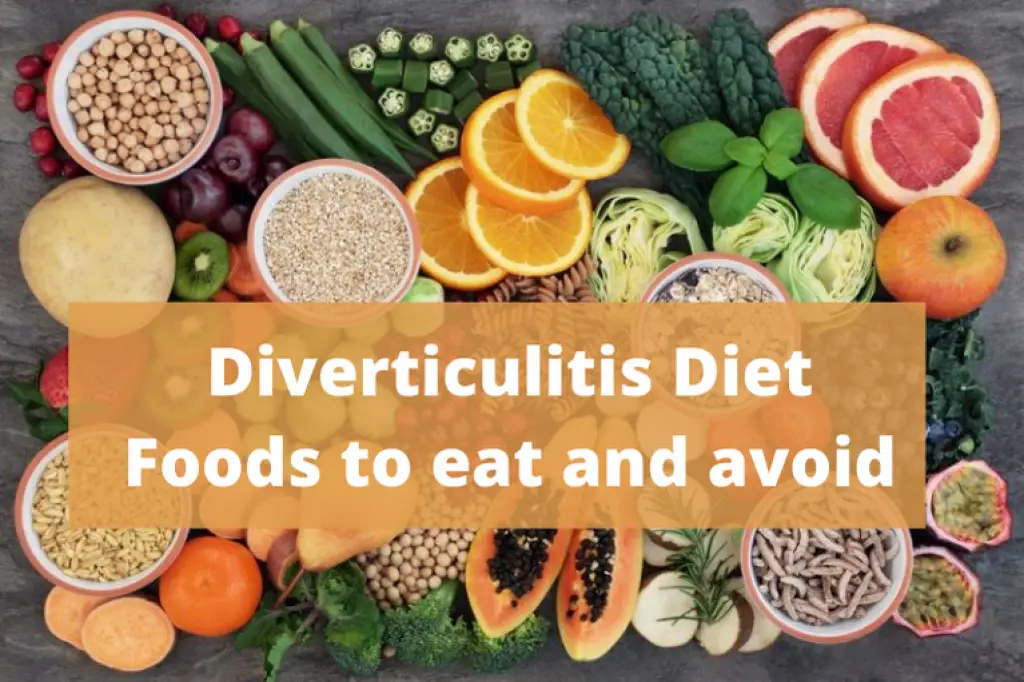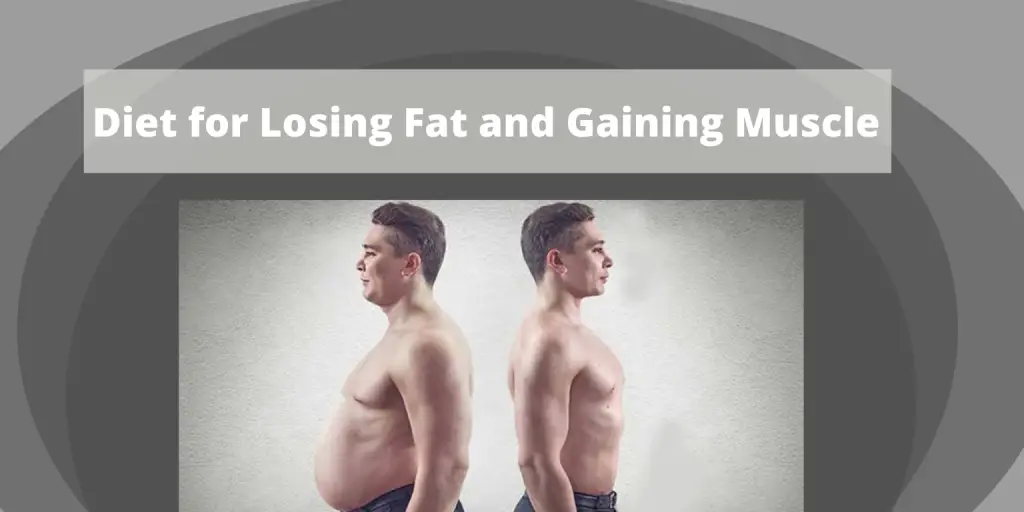The ketogenic diet has become very popular these days due to its unlimited benefits. According to research, this high fat and low carb diet are very effective for diabetes, weight loss, and epilepsy. In addition, evidence shows the help of the keto diet in Alzheimer’s disease, certain cancers, and other conditions. It’s a fully informative article on what to eat on the keto diet.
A ketogenic diet limits 20 to 50 grams of carb per day. Though it seems challenging, the fact is many delicious and nutritious foods are keto-friendly.
16 Foods to Eat on a Keto Diet
Here is a list of foods to eat on the keto diet that is nutritious and keto-friendly.
Low-carb vegetables starchy vegetables are keto-friendly fruits that are low in carbohydrates but high in many nutrients like different types of minerals, and vitamin C. Plants and vegetables have that doesn’t absorb and digest like other carbs by our body. Therefore to calculate your total digestible or net carbs, you have to minus the fiber from them.
There are fewer net carbs in whole vegetables, but consuming one serving of starchy vegetables like beets, yams, and potatoes can be more than your starch limit for a day. The net carb range for non-starchy vegetables is between 1 gram in one cup of raw spinach and 7 grams in one cup of cooked Brussels sprouts.
In addition, there are oxidants present in vegetables that are beneficial against free radicals that can result in cell damage. Furthermore, some cruciferous vegetables like cauliflower, kale, and broccoli are linked to decreasing heart disease risk, cancer, and other diseases. Undoubtedly low carb veggies are a more fabulous substitute for foods having a high carb ratio.
For example
- To mimic mashed potatoes and rice cauliflowers are helpful
- For the replacement of spaghetti, use spaghetti squash as a natural substitute
- You can create zoodles from zucchini
Here is a list of some keto-friendly food that you can add to your eating plan.
Keto-friendly vegetable list:
- avocado
- cabbage
- cauliflower
- kale
- eggplant
- cucumber
- broccoli
- olives
- spinach
- green beans
- lettuce
- asparagus
- peppers (especially green)
- zucchini
- tomatoes
In non-starchy vegetables, the amount of net carb varies from 1 to 8 grams per cup. Vegetables are versatile, beneficial in reducing the risk of many diseases, and nutritious as well.
Cheese
There are hundreds of different types of cheese present these days, and fortunately maximum of them are high in fat and low in carbs amount, which makes them keto-friendly. For example, in 28 grams of cheddar cheese, there is 1 gram of carbs, a good amount of calcium, and 6.5 grams of proteins.
Though cheese has a high amount of saturated fat in it, still it isn’t involved in increasing heart diseases risk. On the contrary, studies are proving its benefits against heart diseases. In addition, conjugated linoleic acid is also present in cheese that is a fat involved in improving body composition and helps in fat loss.
Furthermore, taking cheese regularly can help to reduce the decrease in strength and your muscles mass that are the symptoms of aging. According to the studies in adults, it is found that the person experiences less loss in muscle strength and mass when compared to others because of the consumption of 7 ounces of ricotta cheese.
Here is a small list of keto-friendly cheese that will help you decide what to eat on the keto diet.
Keto cheese list:
- blue cheese
- manchego
- camembert
- cheddar
- chevre
- Colby jack
- goat cheese
- pepper jack
- cream cheese
- feta
- romano
- brie
- halloumi
- parmesan
- mozzarella
- mascarpone
- Swiss
- muenster
- cottage cheese
- provolone
- Limburger
- Havarti
- string cheese
Cheese is full of beneficial fatty acids, calcium, proteins, and a small number of carbs.
Avocados
Avocados are highly healthy and keto-friendly food. In half of a medium avocado, there is 9 g of carbohydrates, but the net carb amount is only 2 g because the remaining 7 g is fiber. In addition, they are rich in potassium that is usually deficient in many people, minerals, and different types of vitamins.
To adjust yourself to a keto diet more efficiently, a higher potassium intake can prove to be very helpful. Furthermore, it helps in improving the levels of triglycerides and cholesterol. According to studies, people eating one avocado per day have fewer cardiometabolic risk factors and a low level of bad cholesterol.
Meat and poultry
If we talk about poultry and meat, these are undoubtedly staple to our ketogenic diet. Fresh meat and poultry have no carb and are full of several vital minerals and vitamin B. It is important to take protein to preserve your muscle mass during a low-carb diet, and meat and poultry are the best protein source.
The women who take a diet high in fatty meat result 5% higher level of good cholesterol than the others taking a high carb diet. It is even better if you can select grass-fed meat means the meat of animals that eat grass only because grass-fed meat is full of different types of nutrients, conjugated linoleic acid, omega-3 fats, antioxidants, and many other valuable nutrients.
Eggs
The egg is counted as the most versatile and healthiest food. The egg is undoubtedly ideal for a ketogenic diet because there is only one gram of carb in a large egg and 6 grams of protein. Furthermore, eating eggs gives the feeling of satiety and fullness as it triggers hormones.
It is vital to eat a whole egg because egg yolk has the most nutrient in it. In addition, antioxidants like zeaxanthin and lutein in eggs help to benefit eye health. Though the yolk of an egg has high cholesterol in most people, its intake doesn’t affect the cholesterol level. Instead, it seems that they maintain the size of LDL particles to lower the risk of diseases related to the heart.
Eggs have less than 1 gram of carb, but they will help you keep full for hours. In addition, it has many nutrients that improve and protect the health of your eye and heart.
Coconut oil
Due to the unique properties of coconut oil, it is undoubtedly the best match with a ketogenic diet. It has MCTs, medium-chain triglycerides directly taken up by the liver and converted into ketone that is the best and rapid source of energy.
Coconut oil increases ketones’ levels for many people with the nervous system and brain disorders like Alzheimer’sAlzheimer’s disease. Lauric acid is the prominent fatty acid in coconut oil that is a slightly longer chain fat and helps maintain a constant level of ketosis.
Furthermore, coconut oil can also prove to be helpful in adults in reducing their belly fat and losing weight. Without making any dietary changes, taking two tablespoons of coconut oil in a day can help you in losing 1 inch from your waist. It helps in weight loss and reduces your belly fat because it increases your metabolic rate.
Plain Greek yogurt and cottage cheese
Cottage cheese and plain yogurt both are healthy and protein-rich foods. Of course, they have some carbs in them, but you must include them in your diet in a healthy and balanced way due to their benefits. For example, in a 105 gram of plain Greek yogurt, there are 9 grams of protein and 4 grams of carbs. And the same amount of cottage cheese provides 11 grams of proteins and 5 grams of carbs.
Both cottage cheese and yogurt give you the feeling of fullness, decrease your appetite, and help you to control your diet. It is undoubtedly a tasty snack on its own, but you can also use it with cinnamon, nuts, and some other spices for a quick keto treat.
Olive oil
Olive oil has remarkable health benefits, especially for your heart. It is rich in monounsaturated fat that helps decrease the risk factor of heart diseases. Furthermore, when olive oil is extra-virgin, it has a high amount of phenols that are antioxidants.
Phenols improve heart health, decrease inflammation and improve the arteries’ function. When we talk about it as a pure source of fat, it has no carbs and is an ideal element in healthy mayonnaise and salad dressings. However, it is better to add it to cooked foods or use it for low heat cooking because it is not stable at high temperatures.
Nuts and seeds
Seeds and nuts are healthy and contain low carbs and high fats that made them keto-friendly. In addition, the regular intake of nuts helps reduce the risk of certain cancers, heart diseases, depression, and many other diseases.
In addition, due to the high amount of fiber in seeds and nuts make you fuller though you have only absorbed a few calories overall. Overall, seeds and nuts are low in carb amount, but their amount varies with different types. Per ounce, there are about 8 grams of net carb approximately.
Berries
When we talk about fruits mostly, they are rich in carbs and not keto-friendly, but fortunately, berries are an exemption. They are high in fiber but low in carbs. However, the fiber amount in raspberries and blackberries is the same as present in digestible carbs.
These delicious and tiny fruits help protect against various diseases and reduce your inflammation because of their maximum antioxidants. Here is the net carb count in 100 grams of different berries.
- blueberries: 9 grams net carbs
- blackberries: 11 grams net carbs
- strawberries: 7 grams net carb
- raspberries: 6 grams net carbs
Berries are full of nutrients that benefit by reducing the risk of many diseases and provide approximately 6-12 grams of net carbs in a 3.5-ounce serving.
Butter and cream
Cream and butter are sources of good fat and the best match to the keto diet because they have a trace amount of carbs per serving. For many years it was believed that they are related to heart diseases because of high saturated fat. But recently, many extensive studies find out that it is not related to your heart issues.
Though taking the appropriate amount of cream and butter can lower the threat of stroke and heart attack. In addition, fatty acid, conjugated linoleic acid, is present in cream and butter that promote weight loss.
Olives
In solid form, olives give the health benefits like olive oil. One of the unique benefits of olives is the protection of cells from damage. In addition, it is anti-inflammatory due to the presence of oleuropein, the main antioxidant.
Furthermore, according to Vitro studies, olives’ intake helps decrease blood pressure and prevent bone loss, but no human trial is present yet. The carb amount varies in olives with the difference in size. Its maximum carb is fiber; thus, the net carb amount is low.
In 34 grams of olives, there is 1 gram of fiber and 2 grams of total carbs; thus, they have 1 gram of carbs per ounce.
Unsweetened coffee and tea
Tea and coffee are carb-free and healthy drinks that contain caffeine. Caffeine improves your physical activeness by increasing your metabolism and also helps in enhancing your physical alertness, performance, and mood.
Furthermore, it is found that mainly tea and coffee drinkers have a considerably low risk of developing diabetes. On the other hand, people with a high coffee intake are probably at a lower risk of developing diabetes.
You should strictly avoid tea lattes and light coffee but taking heavy creams with tea or coffee is fine. Tea lattes and light coffee contain a high-carb flavor and are made with nonfat milk.
Dark chocolate and cocoa powder
Cocoa powder and dark chocolate are among the delicious sources of antioxidants. When you compared cocoa with other fruits like acai or blueberries, it will give you the same antioxidant activity.
Flavanols are present in dark chocolate that are beneficial in reducing the risk of heart diseases by keeping your arteries healthy and lowering your blood pressure. Undoubtedly dark chocolate can be a part of your ketogenic diet, though it is essential to eat in moderation and select the dark chocolate having 70% of cocoa solids.
In 28 grams of unsweetened chocolate, having 100% cocoa has a net carb amount of approximately 3 grams. In addition, keto-friendly dark chocolate and cocoa powder both help reduce the threat of heart diseases.
Grass-Fed Beef
In 3 ounces of grass-fed, there is 4 g of fat in which 2 g is saturated, 110 calories, 18 g of protein, 70 mg of sodium, and 0g of carbs. Therefore, grass-fed is a keto-friendly protein source because of no carbs and more fat than other meats. In addition, it is a nutritious food having a good amount of nutrients like healthier omega-3 fats, vitamin A and E.
KETO Complete Advanced Energy Ketones
KETO Complete Advanced Energy Ketones will put your body in ketosis
Become healthy, slim, and confident with our Keti complete advanced energy ketones. Keto complete is ideal for both men and women as it’s a dynamic, potent ketosis dietary supplement that helps in weight loss, improves sleep and digestion, and promotes abdominal fat burning.
- Burn fat for energy
- Weight loss
- Get into ketosis completely
- Maintain the lean muscle mass
- Improves mental health
- Burn fat in the problematic area
- Fast recovery after a workout
- Maintains your lean Muscle mass
The bottom line
A ketogenic diet is exceptionally beneficial for blood sugar management, weight loss goals, and other health-related issues. Fortunately, there is a wide range of delicious, nutritious, and versatile foods that help you to maintain a balance of your regular carb diet.
To achieve your health goal via a ketogenic diet, you must know what to eat on the keto diet. To have all the benefits of a ketogenic diet, eat keto-friendly food daily.
FAQ’S
What can you not eat on the keto diet?
Processed food like crackers, snack foods, chips, and cookies are all off-limits on the keto diet. It’s because they are not keto-friendly and do not support the keto diet. In the keto diet, it is essential to reduce carbohydrate amounts to stay in ketosis.
What carbs can you eat on keto?
Mostly keto guidelines say that you can eat between 5 to 10% of total calories and 15 – 30 g of net carbs in a day. But in case you exercise 4 to 5 times every week, and you are an active person, you can have more carbs amount.
Can you drink milk on keto?
Yes, you can drink milk on a keto diet, but you have to be aware of its serving size. Measure the amount of milk you drink and for higher fat content, drink whole milk. In one cup of whole milk, there is approximately 12 g of carbs that fulfills the daily carb allowance for some dieters.
Can I have coffee on keto?
As discussed above, while on a keto diet, coffee with unsweetened heavy cream or plain coffee is good with the keto diet. Furthermore, coffee helps you to reduce the risk of diabetes and increases your physical activeness.
Does alcohol affect ketosis?
The fact is one glass of alcohol wouldn’t put your body out of ketosis, but drinking alcohol can affect your progress towards keto benefits. Furthermore, it can reduce the rate of ketosis.
How many eggs can I eat a day on keto?
You can eat a total of six whole eggs in a day following a keto diet. If possible, select the pastured and local eggs, and you must stop eating at least three hours before bedtime. You can also take three can of diet soda in a day, but it is better to aim for one or less.
Latest posts





